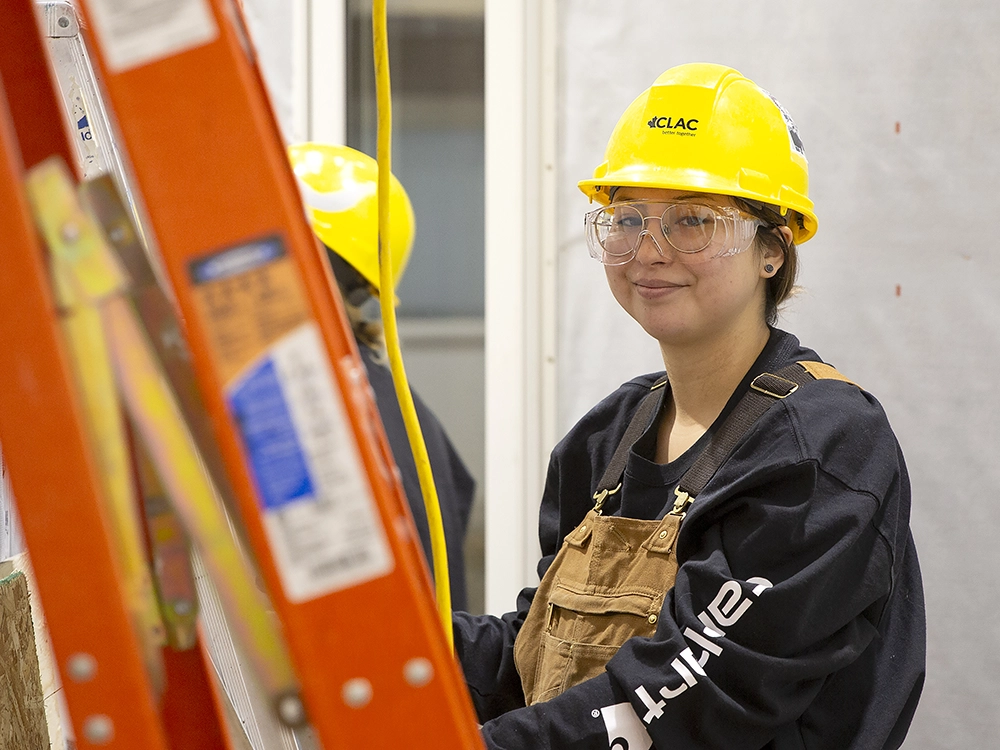Built on respect, choice, and real partnerships.
We are a modern and progressive multitrade union that enables respectful, fair, and culturally safe working conditions. Always listening and learning, we’re ready to connect with northern and Indigenous workers and businesses who are looking to create better workplaces for northern communities.

For generations, the First Nations, Métis, and Inuit have inhabited and taken care of these lands. We acknowledge their presence, contributions, and heritage in the places we call home, and are grateful to the elders, cultural teachers, and environmental protectors of both present and past.